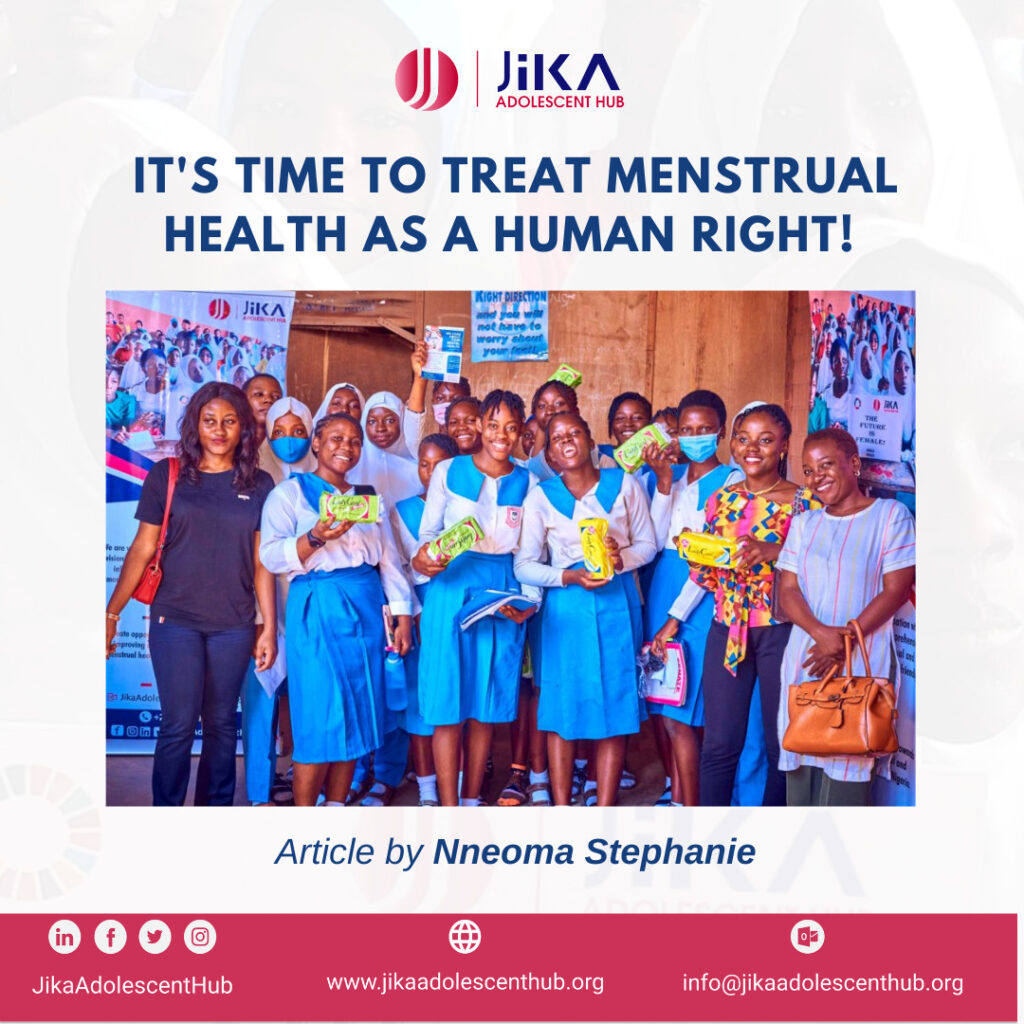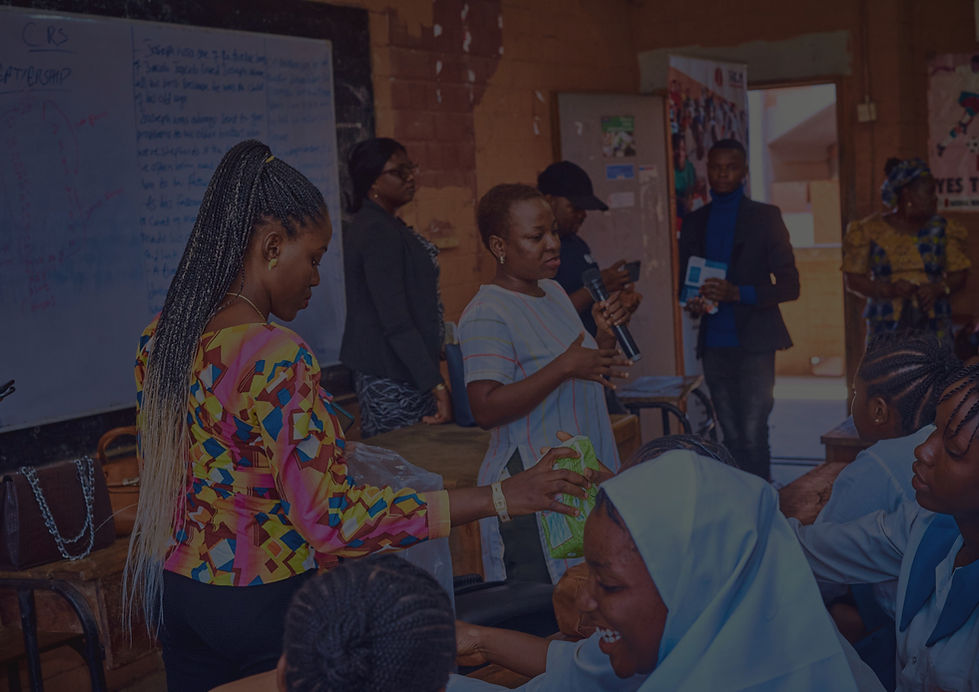Menstruation is a natural biological process, yet here we are, still forced to deal with the stigma rooted in centuries of misinformation and shame. Despite being a universal experience for half the population, there has been very little progress in addressing menstrual health as a core part of human rights. Women across the world continue to suffer, not just from painful periods, but from a system that refuses to take their pain seriously.
I recently came across a story about a young woman whose complaints about excruciating period pain were dismissed by her doctor as her being “dramatic.” It wasn’t until she ended up in the emergency room that anyone took her seriously. Sadly, this isn’t an isolated case, it happens far too often. And it’s time we talked about it.
What is Menstrual Health?
Menstrual health refers to the complete state of physical, mental, and social well-being in relation to the menstrual cycle. It’s not just about bleeding, it’s about access to hygiene products, education, emotional support, medical care, and the right to exist without shame or discrimination.
For generations, women have been taught that menstruation is something to hide, something to be ashamed of. Even religious and cultural narratives have labeled menstruating women as “unclean,” reinforcing harmful beliefs that isolate and silence women. Because of this deep-rooted stigma, many people still don’t understand what actually happens during menstruation, or how to properly manage it.
The Problems We’re Still Facing
Beyond stigma, we are also dealing with the outright neglect of menstrual pain. According to a survey, 96% of women aged 16-40 have experienced period pain, with 59% describing it as severe. Yet, this issue is still not treated with the urgency it deserves. In schools, workplaces, and homes, menstruating people are expected to carry on as if nothing is happening even when their bodies are screaming in pain.
In most workplaces, there are no accommodations for women dealing with severe cramps or menstrual disorders like endometriosis. Many are forced to work through intense discomfort, with no consideration for their well-being.
And let’s talk about access. Another study showed that 3 in 10 girls in the UK and 1 in 4 teens in the US struggle to afford period products. If this is the case in developed nations, how much worse is it in countries like Nigeria, where economic disparities and cultural silence make the situation even more dire?
Progress in Research: A Ray of Hope
Thankfully, things are starting to change; slowly, but surely. In recent years, scientists have begun getting funding to study menstrual cramps and look for ways to reduce or even eliminate them. After being ignored for so long, menstrual pain is finally being taken seriously in the medical world.
Researchers are now trying to understand what actually causes period pain, especially in conditions like endometriosis. Their goal is to find better, long-term ways to relieve the pain without always relying on hormonal treatments or painkillers.
This kind of research is long overdue. When something affects nearly half the world’s population, finding real solutions should be a top priority.
Still, research alone isn’t enough.
What Needs to Change?
1. Free Sanitary Products: Schools, offices, and public spaces should provide free sanitary products. Access to menstrual hygiene is a basic need, not a luxury. Making products freely available ensures that no one has to miss school or work because they were caught unawares.
2. Menstrual Equity in the Workplace: Menstrual health must be recognised as a legitimate workplace concern. Employers should introduce menstrual leave policies or provide flexible sick days for those dealing with severe cramps or related health conditions. Companies that care about productivity must also care about their employees’ well-being.
3. Comprehensive Menstrual Education: It’s time to normalise menstruation through public education. Both boys and girls should learn about periods from a young age, not just how they work, but how to support and respect people who menstruate. Boys, especially, must be included in these conversations if we want to break the stigma and build a more understanding society.
4. Government Policy and Support: Governments should recognise menstrual health as a public health and human rights issue. From healthcare systems to school curricula, every institution must adopt policies that protect, educate, and support menstruating people. This is not just a “women’s issue”; it’s a human issue.
Our strength as a society lies in our ability to accommodate one another’s differences not ignore them. Menstrual health deserves the same attention, funding, and advocacy as any other health concern. The sooner we understand that, the better off we’ll all be.
It’s time to stop whispering about periods. It’s time to act.
References
https://www.wellbeingofwomen.org.uk/what-we-do/campaigns/just-a-period/just-a-period-survey-results
https://plan-uk.org/press/global-period-poverty-and-stigma-getting-worse-under-lockdown
https://www.unwomen.org/en/news-stories/explainer/2024/05/period-poverty-why-millions-of-girls-and-women-cannot-afford-their-periods
https://www.mayoclinic.org/diseases-conditions/menstrual-cramps/diagnosis-treatment/drc-20374944
Written by Nneoma Stephanie




